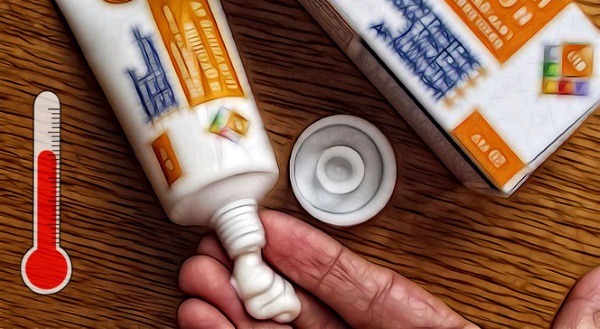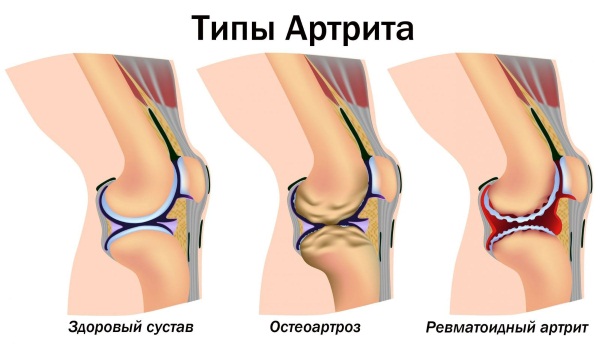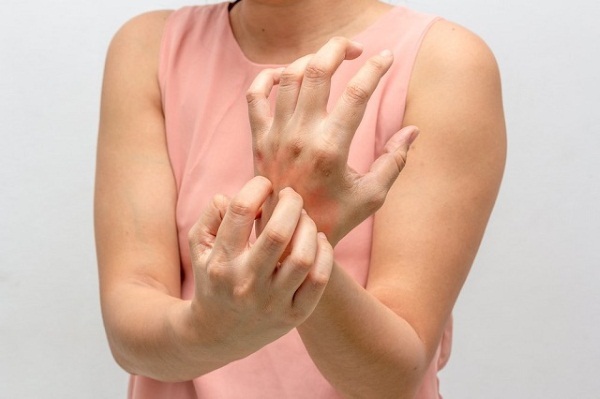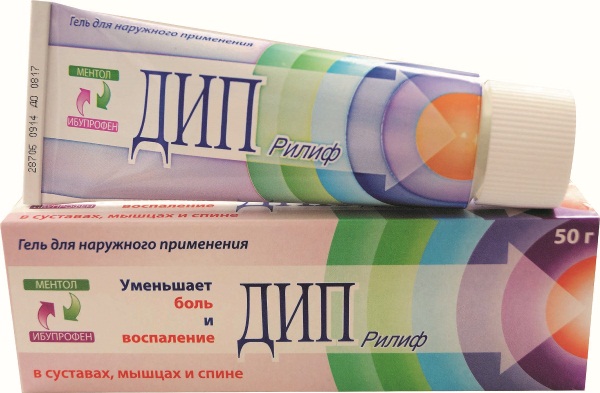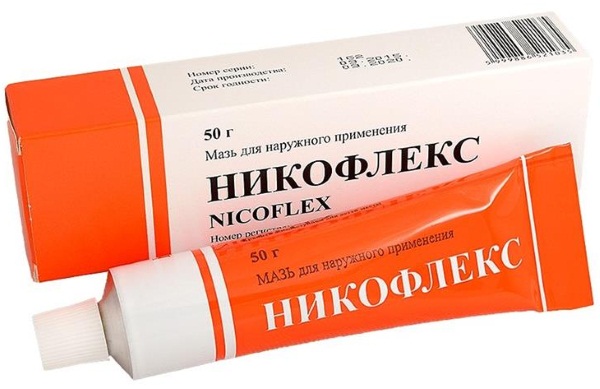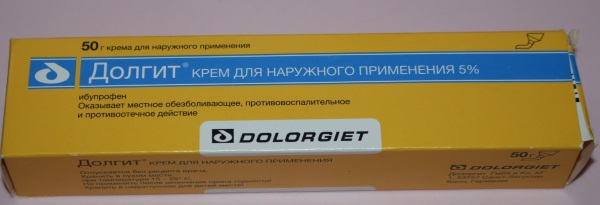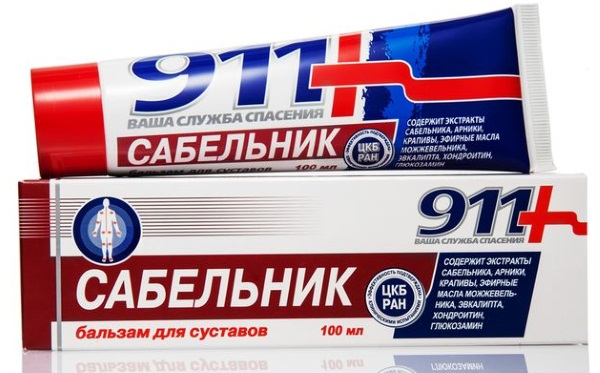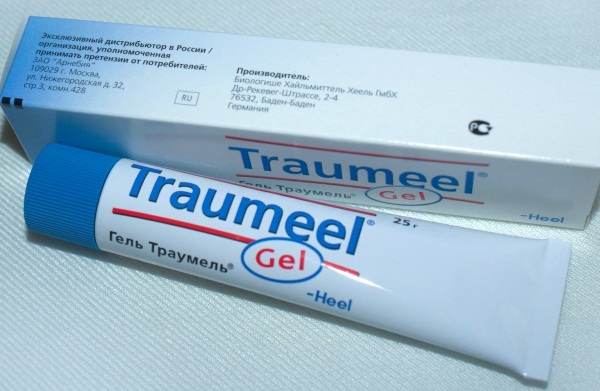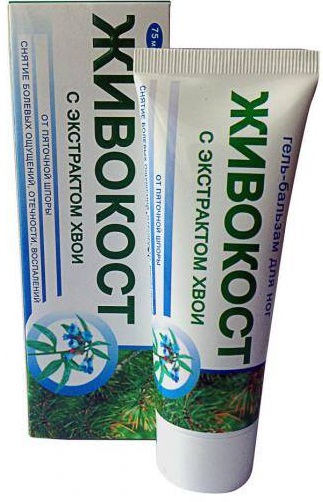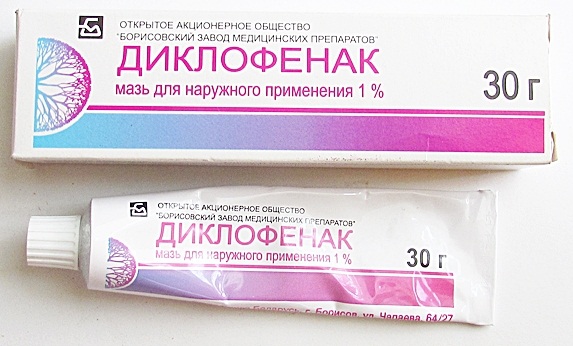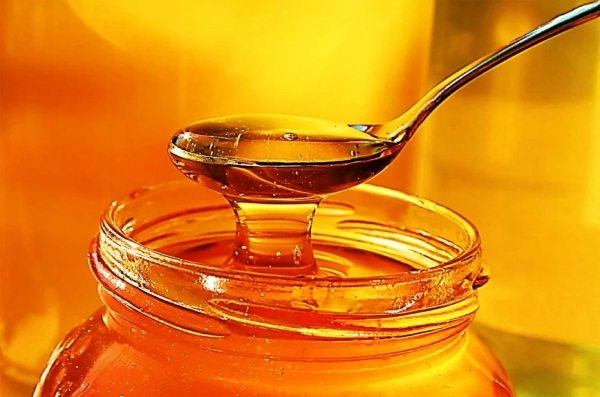For pain in muscles and joints, the use of warming ointments is necessary. However, they are no less effective in sports or during pregnancy, when the load on the body becomes greater.
The principle of action of warming ointments
The principle of action of drugs may differ. It depends on the indications for which the drug is recommended to be used.
There are the following types of ointment action:
- For painful injury to muscle and joint tissues, ointments are used that have anti-inflammatory, antipyretic and analgesic properties. They help get rid of painful swelling, as well as make the injured area more mobile. Ointments promote tissue renewal, allowing them to heal faster. They contain components that are the basis for the construction of cartilaginous tissues. They indicate the damaged area, not only warming, but also soothing effect.
- With increased loads on the body, vasodilating ointments are effective, accelerating blood circulation in the tissues. The analgesic effect is achieved due to significant heating of the injured surface. Intensive tissue nutrition activates metabolism. The renewal of bone, cartilage and muscle tissues is accelerated, which allows them to be strengthened.
Varieties of warming ointments for muscles and joints
Warming ointments for muscles and joints are divided into 3 groups:
- Preparations with turpentine do not contain steroid components. The principle of operation of these funds is aimed at local heating of the affected area. They are effective for relieving pain, warming up tissue before stressing the body, or healing joints after injury.
- Ointments with chondroprotectors are aimed at protecting cartilage tissue, which allows them to be used in the therapy and restoration of joint tissues. They help to normalize the motor activity of the joints, eliminate blood stagnation and edema, as well as pain.
- Homeopathic ointmentscontaining herbal ingredients. They may contain alkaloids, poisons, esters or acids. Due to the low dosage of these components, such ointments are not dangerous. They are effective in relieving muscle congestion, itching or inflamed edema. These drugs should be used for pinched nerves, musculo-articular injuries and rheumatism.

 Don't miss the most popular column article: Fashionable haircut for short hair. Photo, front and back views.
Don't miss the most popular column article: Fashionable haircut for short hair. Photo, front and back views.Indications for the use of warming ointments
It is necessary to apply warming ointments for the following conditions and diseases:
- Prevention of injury and tissue stretching during increased physical exertion.
- Recovery of ligaments or joints after injury.
- Warming up tissues in situations of hypothermia.
- Removal of pain.
- Therapy for sprains, bruises, dislocations.
- Elimination of puffiness during injuries and intense exertion.
- Rheumatism.
- Radiculitis.
- Arthritis.
- Osteoarthritis.
- Exacerbations of gout.
- Myalgia.
- Lymphangitis.
- Sciatica.
Contraindications
Drugs are contraindicated in the following conditions:
- Increased susceptibility to substances that provide a warming effect.
- Disorders in the functioning of the liver and kidneys.
- Chronic diseases with exacerbation.
- Thrombocytopenia.
- Leukopenia.
- Impaired hemocoagulation.
- Childhood.
- Carrying a fetus and breastfeeding a baby.
- Wounds and scratches in the area of application of the drug.
- Inflammatory exacerbations in tissues.
- Oncological education.
- Diseases of the gastrointestinal tract.
- Diabetes mellitus and thyroid dysfunction.
- Allergy to the composition of the ointment.
Side effects
During therapy with warming ointments, side effects may occur:
- Itching.
Warming ointments for muscles and joints can cause itching - Hives.
- Allergic rashes.
- Redness.
- Change in skin sensitivity.
- Tingling.
- Irritation of the skin.
The undesirable effects of warming drugs are rare. This usually occurs with prolonged therapy. In this case, you should temporarily stop using the drugs.
The effectiveness of ointments for pain in the legs
Warming ointments for muscles and joints have an analgesic effect. They can be used for sprains and injuries, but this should not be done immediately at the time of injury. This is due to the ability of such ointments to increase blood flow.
The use of ointments with a warming effect should be started during rehabilitation - 2 to 3 days after the injury. However, it is better to start using them before the upcoming physical activity. Then the likelihood of muscle damage will be negligible.
In case of discomfort in the leg area, the following drugs are most effective:
- Venuroton includes rutin, which provides heating of tissues for pain relief. The drug contributes to the treatment and prevention of vein diseases with increased stress on the legs. It can be used before running and walking, wrestling trainings. The tool has a pronounced anti-edema effect. It is necessary to apply the ointment 2 times a day. It should be rubbed into the damaged area with massage movements until it is completely absorbed into the skin.
- Diprelief works thanks to levomenthol and ibuprofen. The remedy is used for tangible pain, characteristic of damage to muscular-articular tissues. It is able to eliminate stiff joint stiffness. The drug is distributed over the affected area every 4 hours.
- Dolobene contains trometamol, and the speed of action of the active component is provided by essential oils. The drug soothes the injured area, relieves inflammation. The tool effectively removes both internal injuries and external hematomas. It should be applied 2 to 4 times a day with a bandage.
Application of ointments for back and lower back pain
Treatment of back pain should be carried out with the following ointments:
- Nise, containing nimesulide, thiomersal and excipients. The drug relieves inflammation, swelling and pain. The components of the drug provide blood flow to the affected area, and essential vegetable oils contribute to the warming effect. It is recommended to apply the ointment 4 times a day without rubbing it in.
- Voltaren contains the active ingredient - diclofenac. It normalizes blood circulation, relieves swelling and swelling, and also relieves pain. It is recommended to use the drug for osteochondrosis, diseases of the shoulder joint, lumbar spine. It is also effective for arthritis and muscle pain.The drug must be rubbed into dry, clean skin up to 3 times a day with a thin layer.
- Nikoflex contains capsaicin. Once in the tissues, it has a vasodilator, analgesic and warming effect. The drug is effective for inflammation of the articular and bone tissues. The analgesic effect helps to increase the level of joint mobility. It is recommended to apply the ointment with a thin layer 1 time per day.

 Don't miss the most popular column article: Fashionable haircut for medium hair. Photo, front and back views.
Don't miss the most popular column article: Fashionable haircut for medium hair. Photo, front and back views.Ointments for neck pain
Warming ointments for muscles and joints in the neck should not only have an analgesic effect, but also improve joint mobility.
The following drugs have these properties:
- Ibuprofen, possessing the ability to penetrate deeply into muscle and articular tissues, contains the active ingredient of the same name. The drug relieves inflammation due to the normalization of blood circulation and vascular permeability. It is especially effective for osteochondrosis and osteoarthritis. It is recommended to use it 3 times a day.
- Nurofen, containing ibuprofen in the composition. The drug relieves swelling and pain, restores physical activity. Its use is effective for osteochondrosis, various types of arthritis and neuralgia. It is necessary to use the product 4 times a day.
- Dolgit contains ibuprofen in combination with a complex of auxiliary components. Its use helps with diseases accompanied by disorders in the work of the musculoskeletal system. To eliminate the symptoms of the disease, the drug must be rubbed 3 times a day.
Using ointments before sports training
Before increased physical activity in sports training, it is recommended to apply the following ointments:
- Mioton, whose action is based on a complex of plant extracts and oils. Before training, the ointment helps warm up the muscles and joints, which reduces the stress on them. The drug can also be used after physical exertion to restore and relax tissues.
- Bengey prepares muscles and joints for stress, and also protects against tendon injuries. The ointment has an antiseptic effect. It can be used for sports massage.
- Sabelnik, containing an extract of the plant of the same name, improves blood and lymph circulation. The ointment prevents sprains, joint injuries, and muscle pain. The blood flow increases the efficiency of the workout.
Warming ointments should be rubbed in for 10 - 20 minutes. before training in those areas that will be subjected to the highest stress. They are especially effective before strength training.
Applying warming ointments before jogging
Before jogging, the ointment must be actively rubbed into the muscles, joints and tendons for 10 minutes. before training. Cellulite preparations can be used to enhance the fat-breaking effect of running.
The choice should be stopped on ointments:
- Analgos, the active ingredient of which is propylnicotinate. Once in the tissues, it is converted to nicotinic acid. The ointment has an analgesic and tonic effect on muscles while running.
- Traumeel contains a complex of 12 herbal extracts. The ointment promotes capillary dilation and local anesthesia. It improves joint mobility, muscle and tendon elasticity.
- Espol contains extract of capsicum. The drug has a powerful warming and stimulating effect on muscle and joint tissues.
Using warming ointments during pregnancy
During pregnancy, the body experiences increased stress on the spine, lower back and legs. This causes severe pain. The load on the legs also increases, which leads to swelling and heaviness. Most drugs are not recommended for pregnant and lactating women, so it is necessary to choose natural products.Their action is based on the properties of medicinal herbs.
These drugs include:
- Malavit.
- T.
- Zhivokost.
The use of ointments in children
In childhood, homeopathic ointments should be used. They are safe due to their natural composition.
Their use will help eliminate hematomas and bruises, relieve pain and inflammation.
For muscle and joint pain, ibuprofen ointments can be used. However, you should not abuse drugs more than 1 time per day.
What to look for when choosing warming ointments?
Warming ointments differ in many ways.
When choosing a drug for muscles and joints, you need to pay attention to the factors:
- Consistency, as oily-based ointments are not completely absorbed. Better to choose gels and creams.
- The active ingredient, which is the same in many ointments.
- The presence of natural ingredients in the composition.
- The cost is determined not only by the composition, but also by the brand.
- The frequency of use. Single-use ointments are easier to use.
Inexpensive and effective ointments
| Name | Application features | Price |
| Diclofenac | The drug is effective in inflammatory processes accompanied by pain. | RUB 90 |
| Capsicam | Recommended to use to increase muscle tone and relieve pain. | RUB 300 |
| Finalgon | Effective for musculoskeletal diseases accompanied by inflammation. | RUB 300 |
| Apizartron | It is used to normalize blood circulation, eliminate swelling and tissue damage. | 260 RUB |
| Artro-asset | Recommended for diseases of bone, joint and muscle tissues, accompanied by swelling and pain. | RUB 200 |

 Don't miss the most popular column article: Fashionable bangs of the new season for medium, short, long hair. A photo.
Don't miss the most popular column article: Fashionable bangs of the new season for medium, short, long hair. A photo.Turpentine ointment at home
To prepare this medication at home, you will need:
- Gum turpentine.
- Linseed oil.
- Water.
- Ammonia.
All components must be connected in equal proportions. The ointment can be used immediately after preparation and stored in a dry, dark place.
Honey ointment
To prepare honey ointment, mix in equal proportions:
- Honey.
- Sea salt.
- Radish juice.
- Mumiyo.
- Vodka.
You can store the ointment for no more than 5 to 7 days in the refrigerator. Before using, the ointment should be removed from the refrigerator so that it reaches room temperature.
Preparations for muscles and joints in the form of ointments penetrate deep into the tissues. As a result, they have a quick and effective warming effect.
Author: Alena lash
Article design: Mila Friedan
Muscle Warming Ointment Videos
TOP 3 sports ointments for muscles and joints:
https://www.youtube.com/watch?v=3KUYocEAVjA

